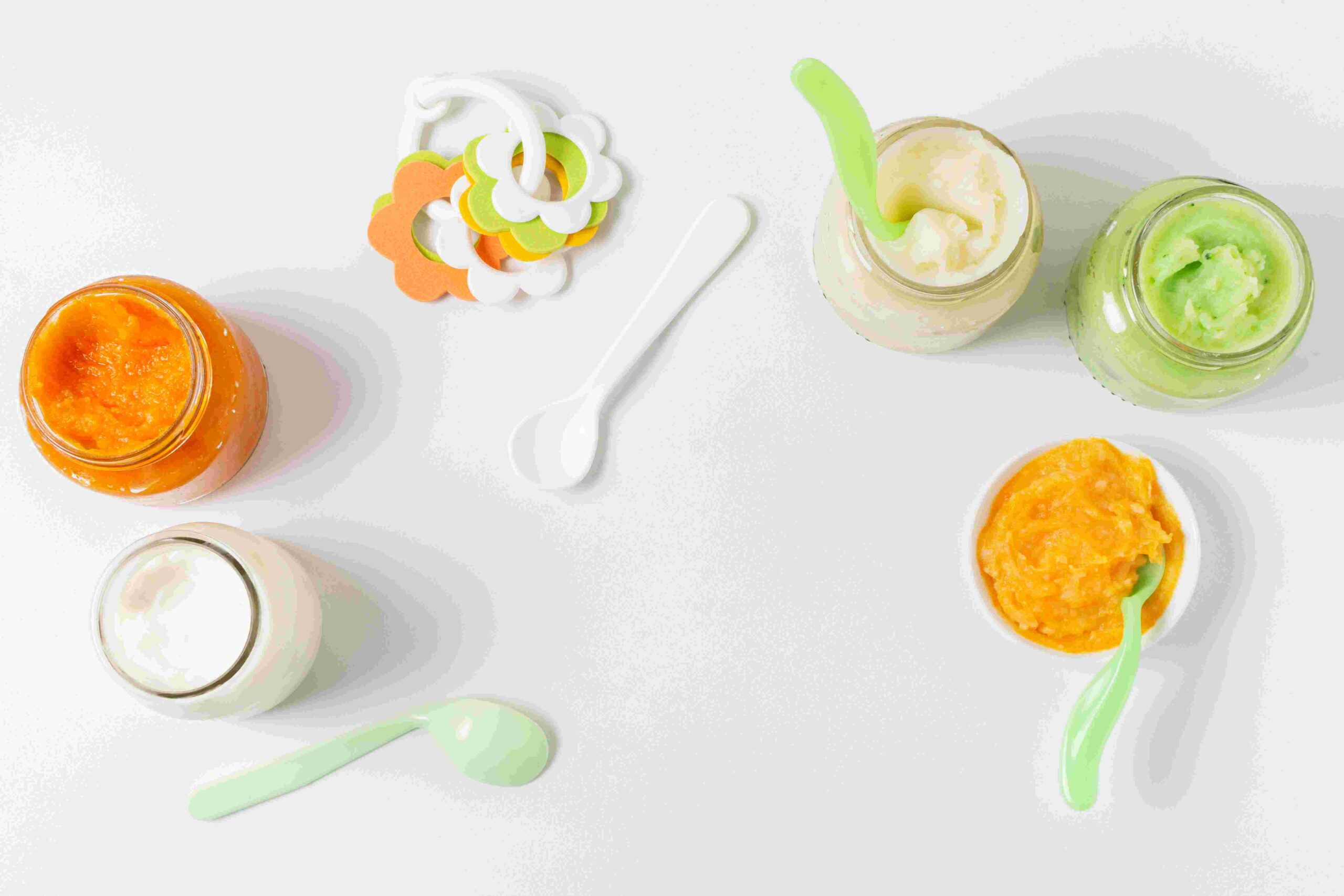
Welcoming a new baby is one of life’s most exciting adventures, but it also comes with a long list of preparations. One of the most important areas to focus on is feeding. Whether you’re breastfeeding, formula-feeding, or planning to do both, having the right baby feeding supplies will make things a lot easier.
This checklist is designed to guide first-time parents through all the essential items needed for a smooth and stress-free feeding journey.
1. Bottles and Nipples
Even if you plan to exclusively breastfeed, it’s wise to have a few bottles on hand. Newborns feed frequently, and being able to store and use pumped milk gives you more flexibility.
- Types of bottles: Standard, anti-colic, angled neck, wide-neck.
- Nipple flow: Start with slow flow for newborns and adjust as your baby grows.
- Quantity: 6 to 8 bottles are ideal for a newborn, especially if you’re bottle-feeding.
Tip: Try different types if your baby seems fussy – sometimes, a simple change in the bottle or nipple design can make a big difference.
2. Breastfeeding Essentials
If you choose to breastfeed, there are a few things that can make the experience more comfortable and effective.
- Nursing bras: Soft, easy-to-open bras for quick access.
- Nursing pads: Disposable or washable pads to prevent leaks.
- Nipple cream: Helps soothe sore or cracked nipples.
- Breast pump: Manual or electric options depending on your lifestyle.
- Milk storage bags: For safely storing expressed milk.
Having these items ready before the baby arrives ensures you’re prepared from the very first feeding.
3. Formula Feeding Supplies
For parents who plan to formula-feed or supplement breastfeeding with formula, there are a few key items to keep stocked:
- Formula milk: Choose an appropriate brand and type recommended by your paediatrician.
- Bottle warmer: Warms milk evenly and quickly.
- Measuring scoop: Most formulas come with one, but keep extras just in case.
- Steriliser: Sterilising bottles and accessories helps keep your baby safe from germs.
Note: Always follow preparation instructions carefully to ensure your baby gets the right nutrients.
4. Feeding Chairs and Pillows
Comfort during feeding sessions is essential for both you and your baby.
- Nursing pillow: Offers support during breastfeeding or bottle-feeding.
- High chair: A must-have when your baby starts solids around 6 months.
- Portable booster seat: Great for meals on the go.
These tools are not only convenient but also promote better posture and bonding.
5. Cleaning and Sterilisation Supplies
Clean feeding gear is critical in preventing illness and ensuring hygiene. Be sure to include these cleaning products in your baby feeding supplies:
- Bottle brush: Designed to reach all parts of the bottle.
- Dish rack: Keep bottles and parts dry and organised.
- Steriliser: Can be electric, microwave, or boiling method.
- Mild dish soap: Look for baby-safe formulas free from harsh chemicals.
Sterilising daily is especially important in the first few months when your baby’s immune system is still developing.
6. Baby Utensils and Tableware
Once your baby starts on solids, you’ll need a different set of baby feeding supplies to support their new eating habits.
- Soft-tipped spoons: Gentle on your baby’s gums.
- Bowl with suction base: Prevents tipping and spills.
- Baby cups: Start with trainer cups or sippy cups.
- Silicone bibs: Easy to clean and often come with a food catcher.
- Placemat or feeding mat: Protects surfaces and contains mess.
Introducing solids is a fun milestone, and the right utensils can help make it smoother and less messy.
7. Storage and Organisation
Keeping your baby feeding supplies neatly stored makes daily feeding routines easier and helps you stay organised.
- Drawer organisers: Keep nipples, lids, and utensils separated.
- Milk storage bags or containers: Labelled with date and time.
- Tote or diaper bag: Pack bottles, bibs, and snacks for feeding on the go.
Bonus tip: Keep an emergency feeding kit in your car with an extra bottle, formula, bib, and cloth.
8. Baby Feeding Clothes and Accessories
Spit-ups and spills are all part of the process. Having the right clothing accessories ensures you’re ready for those messy moments.
- Burp cloths: Soft and absorbent; keep several handy at all times.
- Bibs: Start with cloth bibs for milk feeding and switch to silicone or plastic for solids.
- Feeding smock: Full-coverage bibs to keep clothes clean during mealtime adventures.
The more prepared you are, the fewer outfit changes your baby—and you—will need throughout the day!
9. Extras You Might Appreciate
While not strictly necessary, a few extras can make feeding time more pleasant and efficient:
- Night-time feeding light: A soft light helps with night feeds without fully waking the baby.
- Feeding timer app: Helps track feedings, especially helpful in the early days.
- Thermal bottle bag: Keeps milk warm when you’re on the move.
As you get into a routine, you’ll discover which extras fit your family’s lifestyle best.
Final Thoughts
Being prepared with the right baby feeding supplies can make a world of difference during those first few months and beyond. Every baby is different, and as a new parent, you’ll learn quickly what works best for you and your little one. This checklist is a great starting point to ensure you’ve got all the basics covered, from bottles and bibs to high chairs and hygiene gear.
With the right tools and a bit of patience, feeding your baby becomes more than a task—it becomes a chance to bond, nurture, and grow together. So stock up on your baby feeding supplies, stay flexible, and enjoy every precious moment.